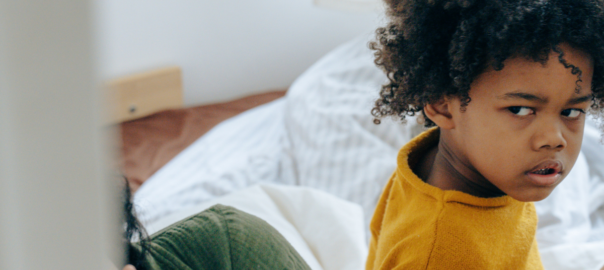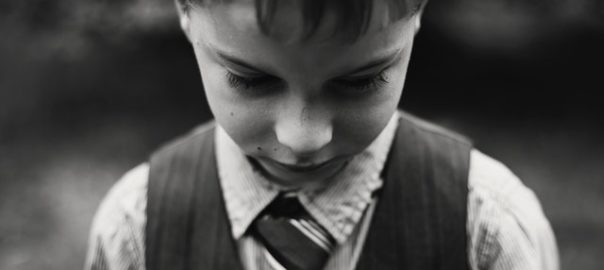
Q. My 6 yr. old son is worrying me to death. He seems to wake up in the morning with a wish to hurt as many things as he can – including me and sister. He has even screamed at his grandparents. If anyone so much as looks at him funny or tells him to do anything, he starts to punch and yell. I have tried everything. Time outs and putting him is his room only seem to wind him up more. If I tell him he can’t watch a program unless he can stay calm for an hour, he screams at me. I’ve gotten to the point where I’m afraid I’m letting him get away with it because I don’t have the strength to fight him anymore. Help.
A. Let’s first think about what might be going on from your son’s point of view:
- Is he feeling angry because he thinks he is not being heard?
- Is he afraid that no one thinks the same things he thinks? Does he feel alone?
- Does he believe he is a bad
















